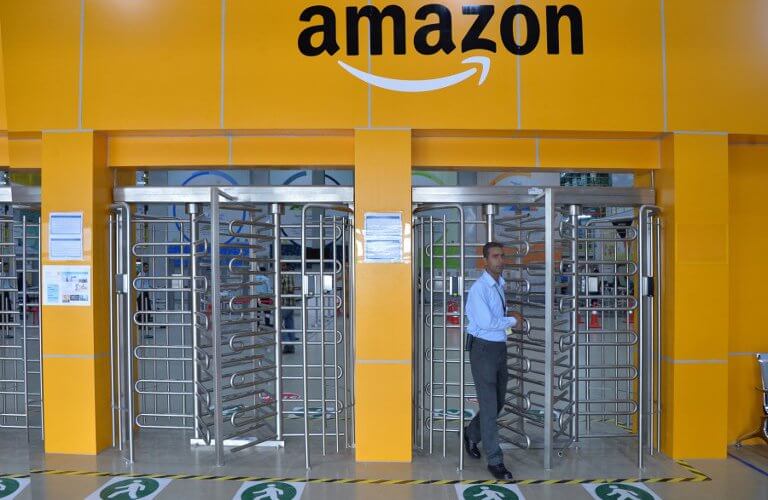
E-commerce players in India and China to face regulatory challenges in 2019. Source: Manjunath Kiran / AFP
New regulations in China and India could stall e-commerce growth
E-COMMERCE is growing faster in China and India than in any other part of the world, but new regulations might make things challenging and stunt the growth of the industry over the next few months.
In China, starting Jan 1, e-commerce law increases pressure on online retail companies to fight the sale of counterfeit and copycat merchandise on their platforms.
Starting Feb 1, India will ban e-commerce companies such as Amazon and Walmart-owned Flipkart from selling products from companies in which they have an equity interest.
Although both are mature markets as far as e-commerce is concerned, the new law could severely affect the growth of e-commerce in both countries.
Improving China’s image takes center stage
Alibaba-owned Taobao Marketplace and Tmall, and rival Jingdong (JD.com), along with other minority e-commerce players in China now account for 42 percent of the global e-commerce market.
However, some of the products sold on the platforms in the country are counterfeit — a fact that came to light last year as one of the smaller e-commerce platforms, Pinduoduo, sought to be listed in the US.
Two lawsuits had been filed against the company in California and New York, which prompted the Chinese government to set up an investigation into the company. Later, Pinduoduo removed 4.3 million listings in a crackdown on fake goods.
Under the new law, not only will third-party vendors on the platforms be penalized for selling fake goods, but also the e-commerce platforms that facilitate the sale.
Failing to comply could mean that courts could levy a fine of up to CNY 2 million (US$290,780) on e-commerce platform operators in serious cases of intellectual property infringement.
Overall, this is bound to have a direct and immediate impact on the trade volumes on e-commerce platforms.
India under pressure from small retailers and e-commerce players
The All India Online Vendors Association filed a petition with the Competition Commission of India in October, claiming that Amazon favors merchants that it partly owns, such as Cloudtail and Appario. The group filed a similar petition against Flipkart in May.
As a result, the e-commerce ministry in India ruled that an entity having equity participation by e-commerce marketplace entity or its group companies, or having control on its inventory by e-commerce marketplace entity or its group companies, will not be permitted to sell its products on the platform run by such marketplace entity.
The new law will appease small traders and retailers on e-commerce platforms in the country, but might affect customers who are likely to miss out on some of the deep discount prices they were getting used to.
Overall, the new law might negatively impact the e-commerce industry in India as traders will have fewer incentives to keep prices low.
READ MORE
- Strategies for Democratizing GenAI
- The criticality of endpoint management in cybersecurity and operations
- Ethical AI: The renewed importance of safeguarding data and customer privacy in Generative AI applications
- How Japan balances AI-driven opportunities with cybersecurity needs
- Deploying SASE: Benchmarking your approach






